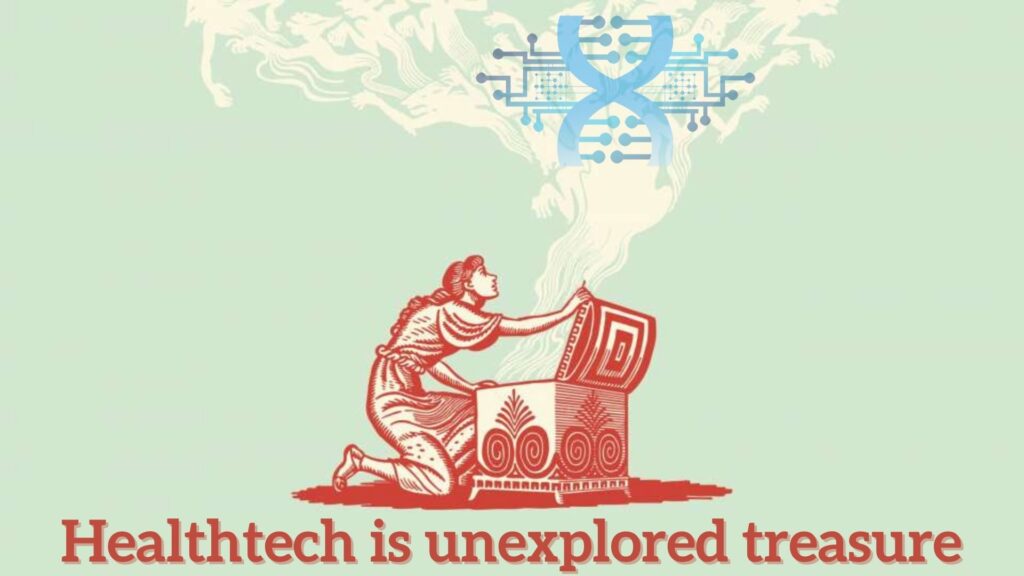Indians aspire for quality healthcare, which is not easily available because of the wide gaps between the private and public healthcare sectors. Technology might ultimately address the issues troubling the Indian healthcare industry like nature, achieving efficient capital employment, scalability, affordability.
Many Startups in healthtech and medtech are working with blockchain technology, which offers a unique tamper-proof electronic medical record (EMR) management system with higher privacy and interoperability. Blockchain technology opens the door for reduced complexity in health information exchanges (HIE) and exchanging electronic health records (EHR).
Other startups are working on automatic drug delivery systems that consist of a wirelessly connected implanted medical device and an external drug delivery device.
There is scope for innovation and startups are innovating with a combination of biosensors, wearable devices, and digital biomarkers that constantly monitor a person’s health parameters, alerting her/him when the biomarker levels are abnormal.
Medical practitioners are efficiently analyzing data from patients and prescribing treatment to improve their healthcare by using artificial intelligence, along with remotely connected monitoring devices. Remote caring devices have great potential in the current scenario as well as the future.

Nanotechnology, along with nanomedicine, considerably accelerate the developments in regenerative medicine, drug delivery, and vaccine efficiency. Novel concepts allow patients with organ failures or severe injuries to get artificial skin, bone, cartilage or other tissues. The latest artificial intelligence and machine learning technologies help identify patterns within genetic datasets so that computer models can make predictions about an individual’s odds of developing a disease or responding to interventions. Predictive analytics for personalized medicine enable doctors to make decisions based on demographics, biomarkers, genetics, and drug levels to provide patients with a personalized dose.
Most women in our country lack access to basic healthcare services. In order to democratize health services for women, solutions like female health chatbots provide users with fast, accurate, and affordable health information directly from experts – instead of getting it from the internet. Proper maternal health care will save millions. The postnatal period is the most critical and yet the most neglected phase in the lives of mothers and babies. Most maternal and newborn deaths occur during this period. Smartphone apps assist new mothers by guiding them through this important time, helping to save them and their babies’ lives.
Healthcare still has major gaps and startups should focus on long-term solutions and approaches for gaining maximum traction in both their business and market demands.






